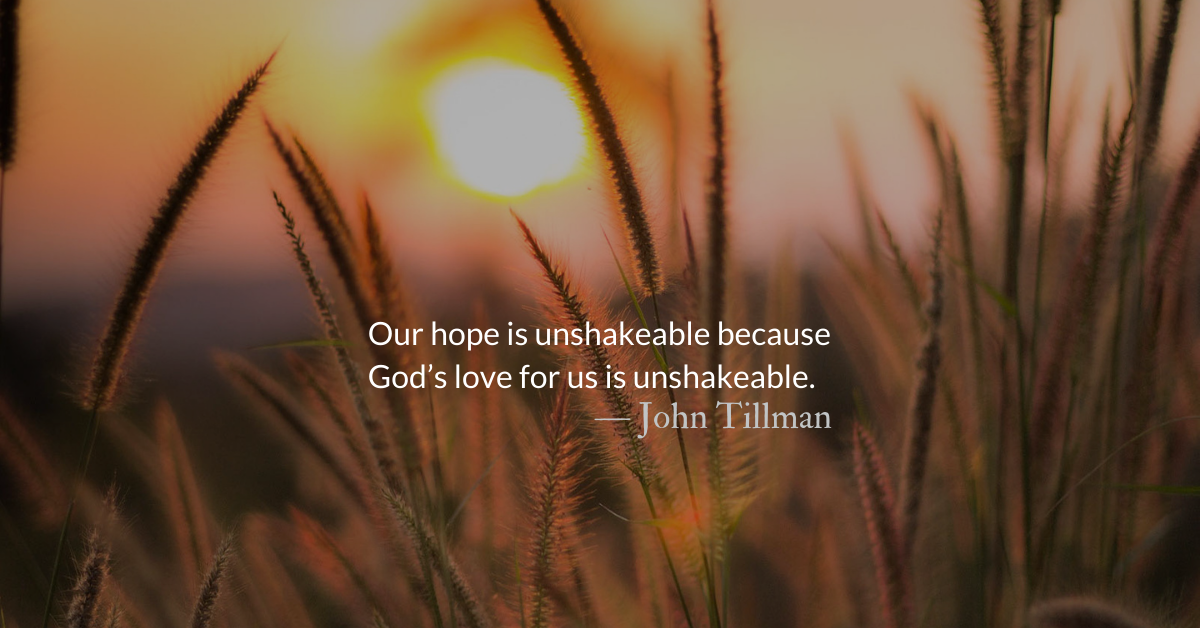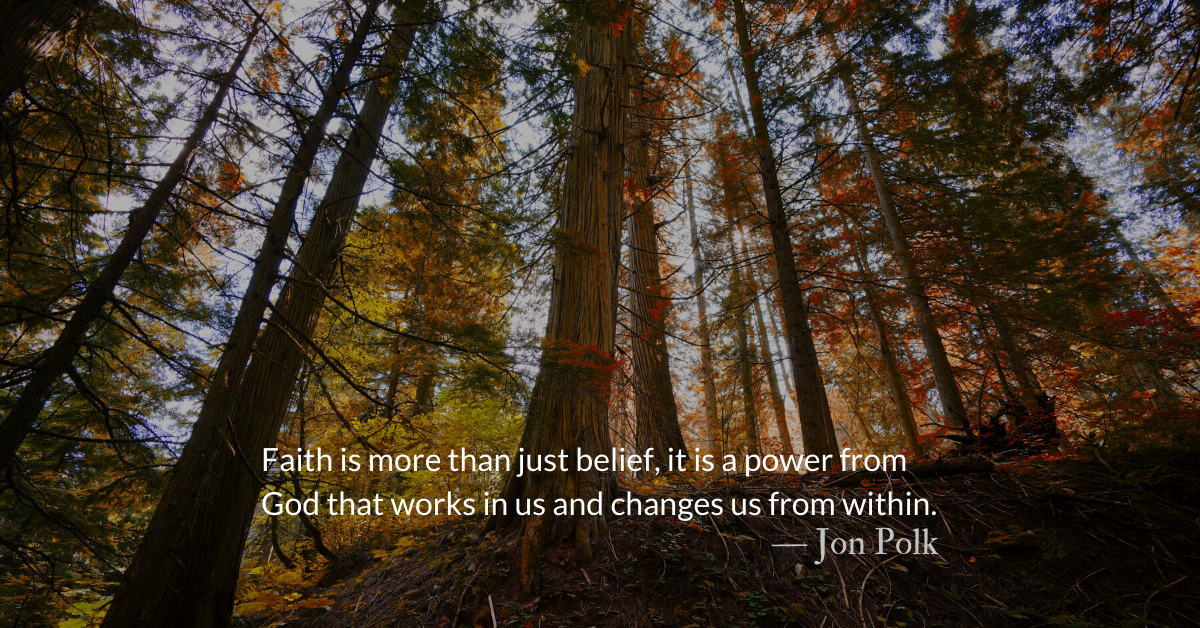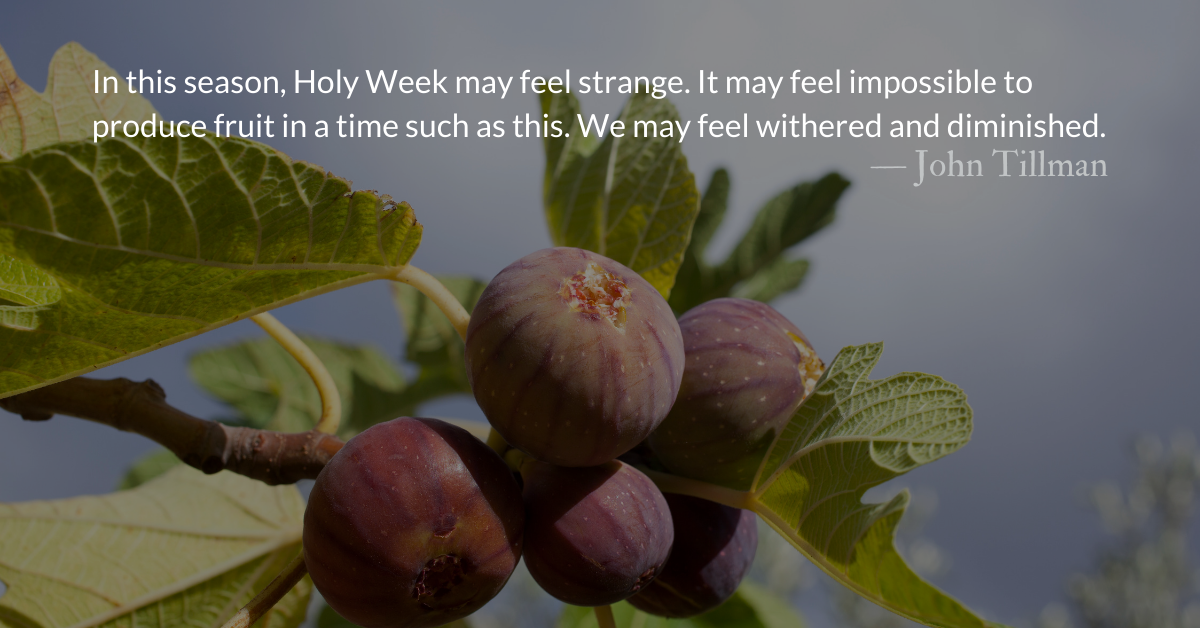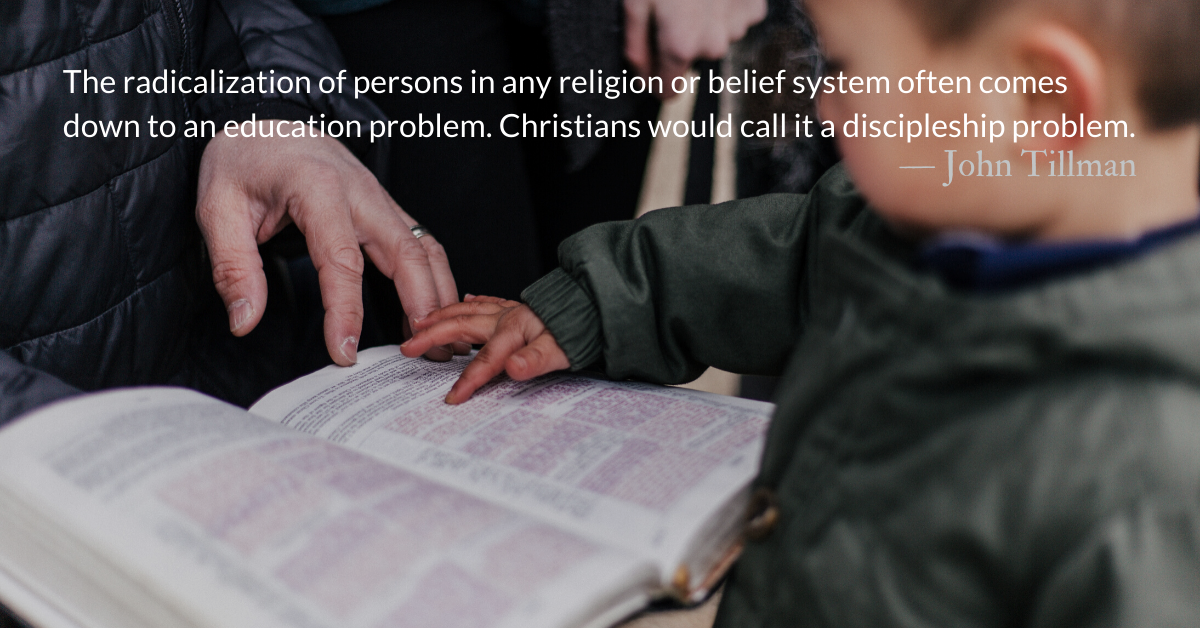Readers’ Choice Month:
In August, The Park Forum looks back on our readers’ selections of our most meaningful and helpful devotionals from the past 12 months. Thank you for your readership. This month is all about hearing from you. Submit a Readers’ Choice post today.
Today’s post was originally published, December 4th, 2020, based on readings from Nahum 2.
It was selected by reader, Michelle Perez from New York City.
This was a most beautiful reminder of the hope and light we have in our Savior Jesus Christ. After a very dark and trying year, we can rest in knowing: “Our hope is unshakeable because God’s love for us is unshakeable.”
Scripture Focus: Nahum 2.2
2 The Lord will restore the splendor of Jacob
like the splendor of Israel,
though destroyers have laid them waste
and have ruined their vines.
Ephesians 5.8
8 For you were once darkness, but now you are light in the Lord. Live as children of light.
1 Thessalonians 5.5
5 You are all children of the light and children of the day. We do not belong to the night or to the darkness.
Reflection: Becoming Light — Readers’ Choice
By John Tillman
As we close out the first week of Advent, we move from hope to love.
We can have hope because God has love for us as his motivation. The core of who God is, is love. Therefore, we can have hope.
No matter what army comes…
No matter what sickness stalks…
No matter what calamity crashes down on us…
No matter what attack the enemy brings against us…
No matter what destroyers come and lay our work to waste…
God is our restorer and he will work in us to bring forth his splendor.
Our hope is unshakeable because God’s love for us is unshakeable. Even in the judgment that Israel faced, even in the exile that would come in a few years for Judah, God was still working things together for their good. He was refining them through the struggle and the exile into a people who would become a light for the nations. This was always God’s intention for them and is his intention for us as well.
What does it take to be a light to the nations? Let us pray using some of Paul’s words from Ephesians 5.7-14 and 1 Thessalonians 5.4-8.
Remind us, Lord, we are not of the darkness
We are children of the light and children of the day.
We do not belong to the night or to the darkness.
So then, help us not be like those who are of the dark.
They are asleep, but let us be awake and sober.
Since we belong to the day, let us put on faith and love and hope as armor.
We were once darkness, Lord, but now you are making us light.
Help us to live as children of light
May the fruit of the light shine from us.
May goodness, righteousness, and truth beam from us.
May this be pleasing to you, Lord.
We reject the fruitless deeds of darkness and seek to expose them
In our communities and in our own hearts.
May everything exposed by the light be confessed and repented of.
By your grace, may we be transformed and become a light
We do not want to sleep any longer.
Wake us up.
Raise us from darkness and death to light and life.
Shine on us and through us, O Christ.
Divine Hours Prayer: Greeting
The Lord, the God of gods, has spoken, he has called the earth from the rising of the sun to its setting.
Out of Zion, perfect in its beauty, God reveals himself in glory.
Our God will come and will not keep silence; before him there is a consuming flame, and round about him a raging storm. — Psalm 50.1-3
– Divine Hours prayers from The Divine Hours: Prayers for Springtime by Phyllis Tickle
Today’s Readings
Ruth 3-4 (Listen – 6:24)
Acts 28 (Listen – 4:56)
Read More about Readers’ Choice 2021
Have we heard from you yet? Tell us about posts from the past year (September 2020 – July 2021) that have helped you in your faith.
https://forms.gle/ozM13qvW9ouSWhJS7
Read more about The Gift of Hope :: Hope of Advent
The hope of Advent is not a naive or weak hope, but one that perseveres into the darkness.












